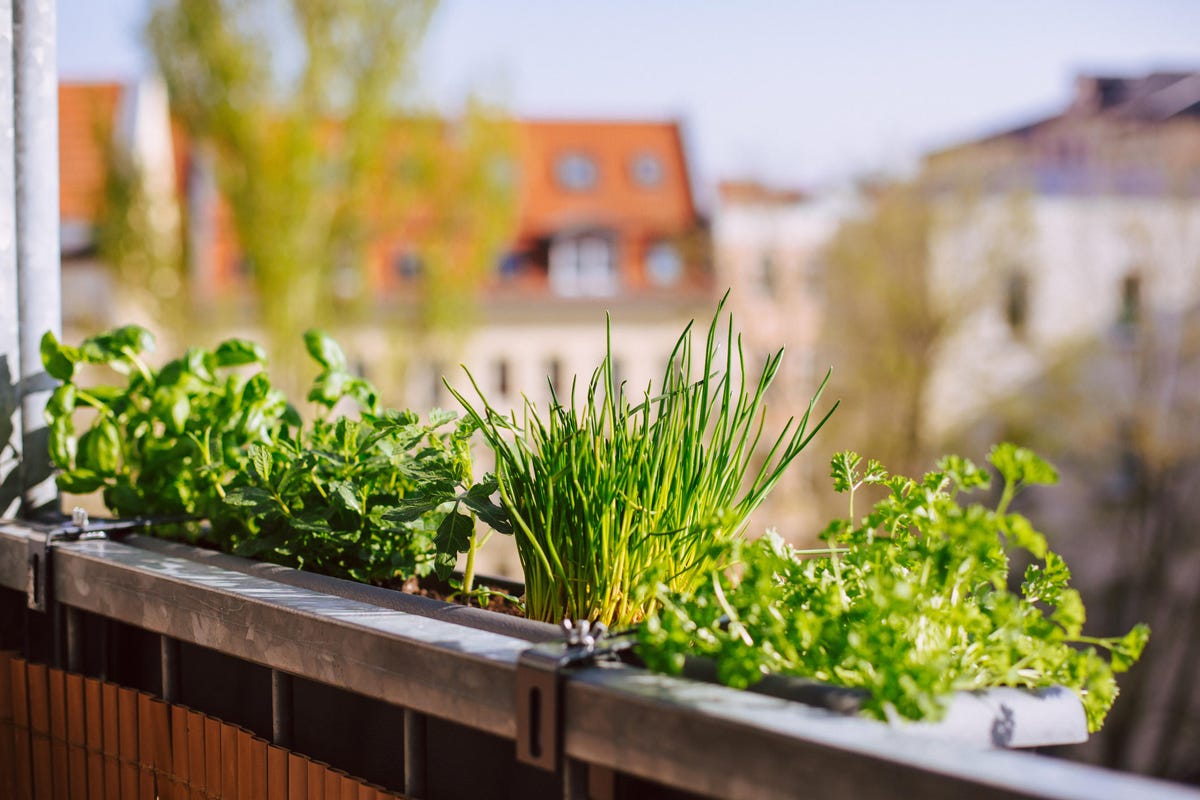Insects love kitchens and it's normal to find a line of ants on the counter or a stray cockroach running across the floor looking for something. snacks. But just because kitchen bugs are common doesn't mean they're fun to deal with. Exterminators are expensive, and bug sprays often contain harmful chemicals that are worse for you than some creepy crawlers. But some common houseplants are known to repel insects and prevent ants, flies, moths and mosquitoes from taking over your kitchen.
Not only do the essential oils and chemical compounds of certain flowers, herbs, and other houseplants deter the creatures from hanging around for long, but some can literally kill these six- and sometimes eight-legged creatures. Plus, plants look and smell lovely, adding instant ambiance to any room you place them in.
See more information: This Houseplant Cleans the Air 30 Times Better than a Typical Houseplant
You may not have thought about using houseplants to rid your kitchen of bugs, but it can be the all-natural solution to sending bugs packing, especially during the warmer months when certain insects become more present in the home. Below you will find some of the most popular plants to deter bugs from your home and kitchen.
For more, see how to keep plants alive longer and read our list of best places to buy indoor plants online.
Herbs
Herbs can do double duty as flavor enhancers and insect deterrents.
Powerful herbs like basil, mint, sage and rosemary are great for topping spaghetti or making mojitos, but their scent deters insects like houseflies and fruit flies from getting close. Consider lining a sunny kitchen window with some of your favorite food and drink garnishes. Not only will the bugs stay away, but you'll enjoy the benefits of fresh herbs year-round and without the high prices found in most grocery stores.
Pro tip: Lemongrass contains citronella oil, which is often used in candles and sprays to repel mosquitoes.
Calendula

Marigolds exude a potent scent that not all creatures like.
The flower in shades of yellow and orange is much more than a beautiful accent for a large vase or home garden – is a mosquito and mosquito-fighting beast that emits a distinct and powerful odor that sends the creatures running. Perhaps best of all, marigolds are an easy plant to grow. grow inside your home as they require little maintenance and grow quickly.
Lavender
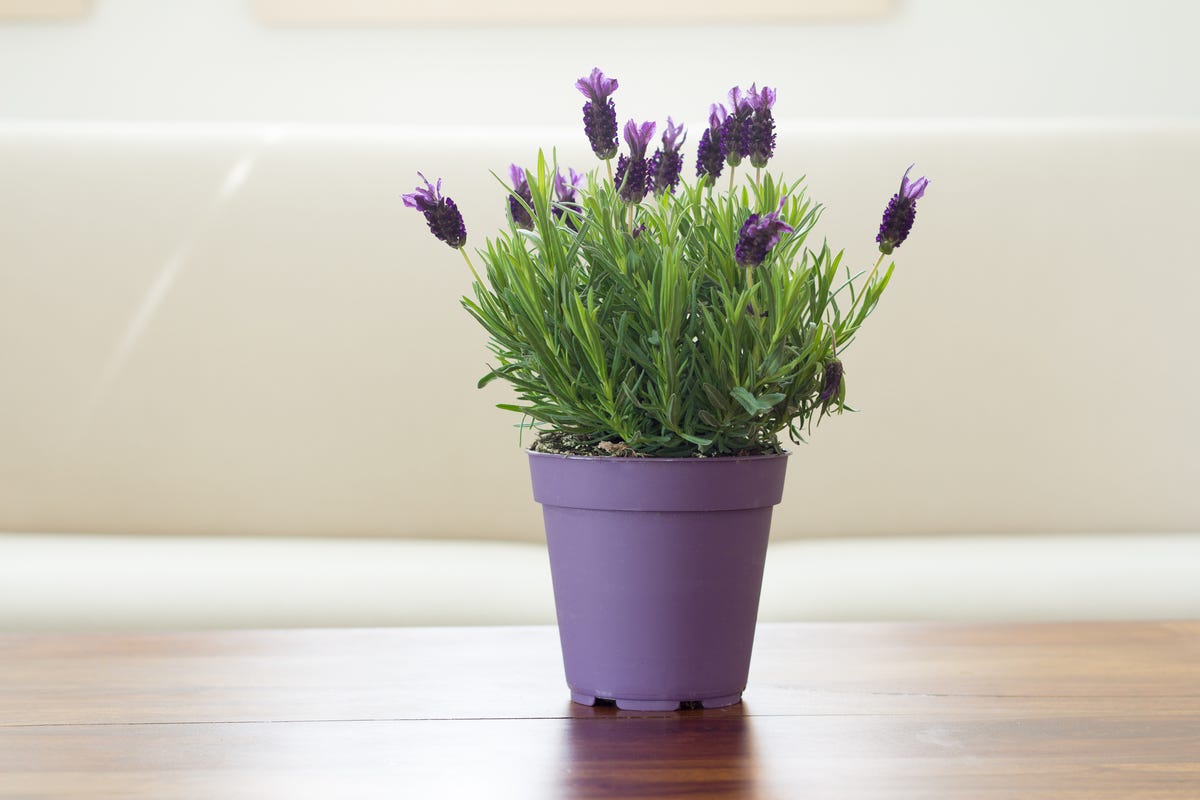
Lavender is calming for us humans, but not so much for certain insects.
Lavender has calming properties that help us fall asleep at night, but it has the opposite effect on insects such as moths and beetles. Cut a few purple stems and incorporate them into an elegant flower bouquet to ward off unwanted visitors. You can buy live lavender plants at FastGrowingTrees.com and other sites.
catnip
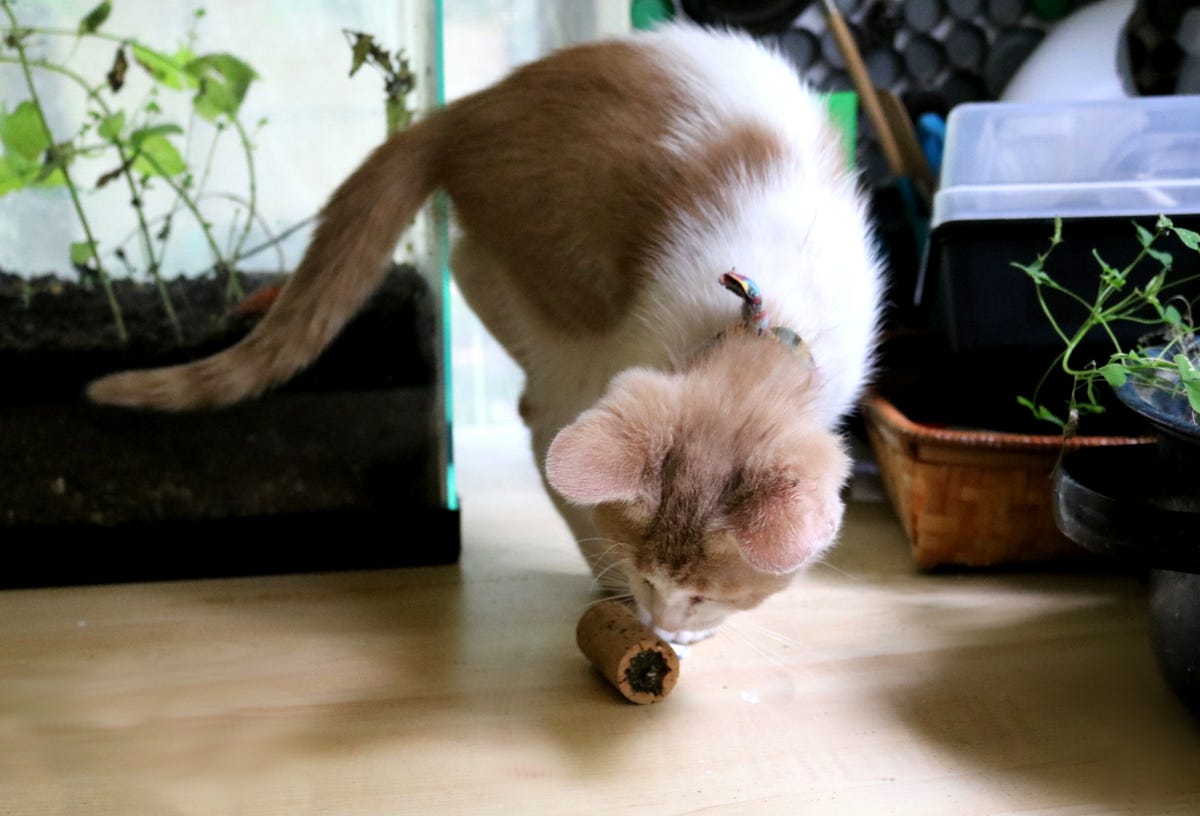
Your feline friend may feel an immediate sense of euphoria when exposed to catnip, but cockroaches and mosquitoes have the opposite reaction. According to scientists, the plant contains an active component that activates the chemical receptor in insects that causes pain and itching. Just like humans, when insects feel the slightest discomfort, they tend to retreat and not return to the source of the suffering. Amazon sells one pack of four catnip plants for $23.
Chrysanthemums
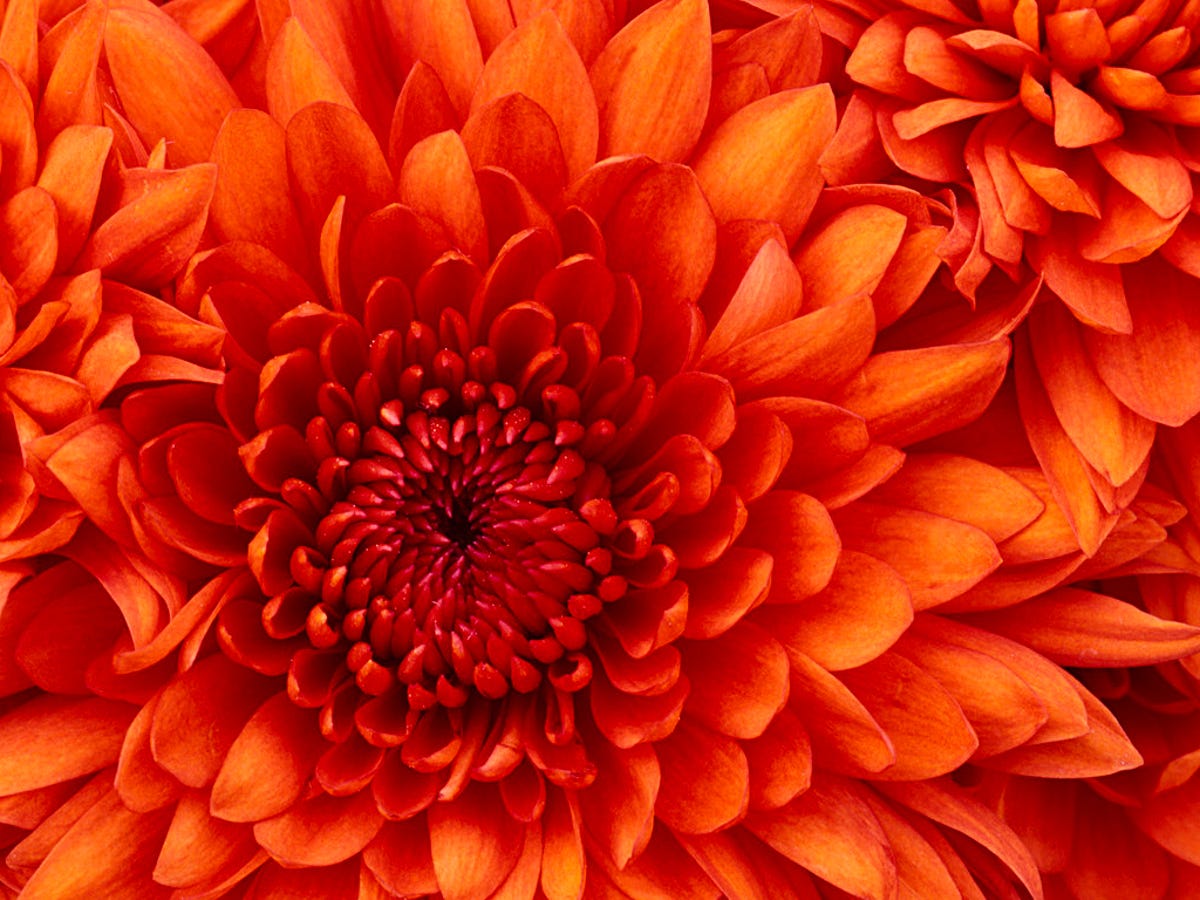
Try some chrysanthemum to slow down common kitchen bugs.
This popular flower is insects' worst enemy. In fact, a chrysanthemum the list of occurrences is extensive and includes cockroaches, ants, moths, lice, bedbugs and mites. Keep them away from your pets as they can be quite toxic when ingested.
Carnivorous plants
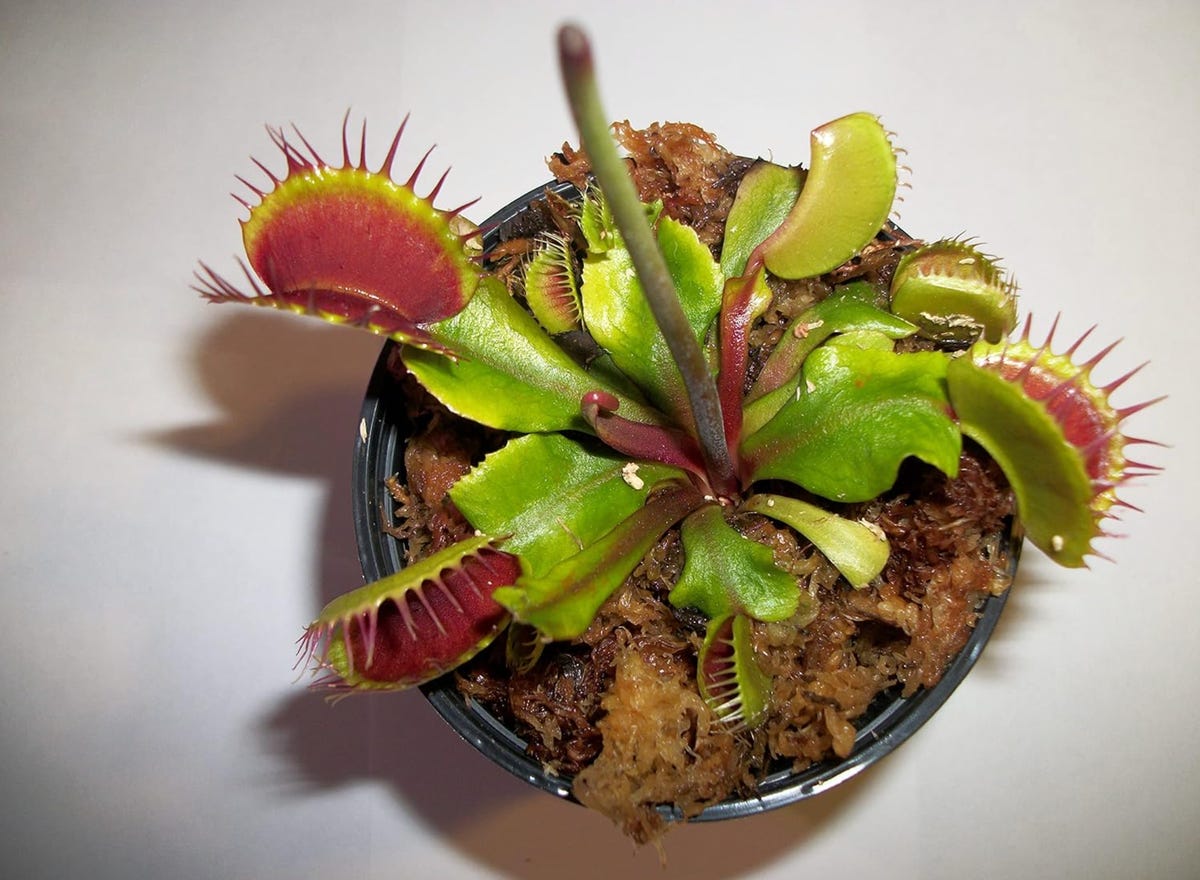
The Venus flytrap is the most famous insect killer in the plant kingdom.
Take the obvious choice and opt for the endlessly fun carnivorous plant. Normally, these hungry wonders like the carnivorous plant, attract unsuspecting prey with a scent that reflects delicious fruits and flowers. After its hair-like lobes, also known as trichomes, are activated, its leaves close and reopen 10 days after the insect has been completely digested. Of course, you'll need plenty of carnivorous plants to combat the swarms, but they're great additions for targeting the occasional fly or two.
No matter your preference, these plants, flowers, and herbs make wonderful (and natural!) additions to the kitchen. pest management flat. They are also delicious and/or beautiful. If you're still not convinced, consider other all-natural alternatives like coffee grounds, essential oils, banana peels, white vinegar and onions. Each has also been proven to prevent an infestation if left out on kitchen counters.


